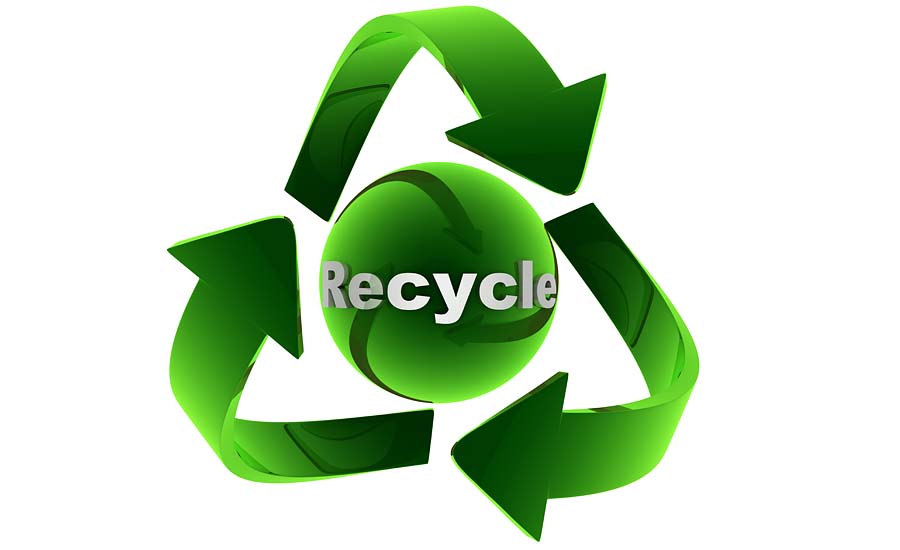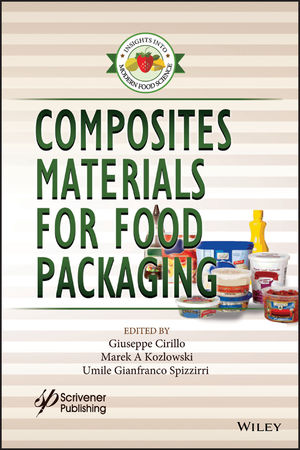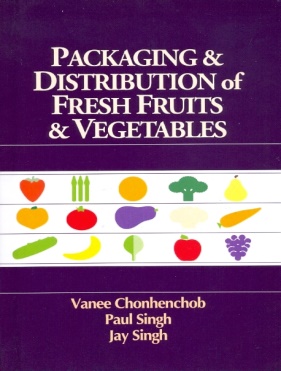Greiner Packaging launches UK Plastics Pact
The objective of the initiative is to develop systems through which the packaging does not lose value and can either be recycled, composted or re-used.

Greiner Packaging, Pittston, Pa., launched UK Plastics Pact, designed to keep plastic away from nature, yet keep it in the economy as long as possible.
The objective of the initiative is to develop systems through which the packaging does not lose value and can either be recycled, composted or re-used. The UK Plastics Pact, led by not-for-profit organization Wrap Recycling Action Program (WRAP), is said to be the first of a global network of such pacts, enabled by the Ellen MacArthur Foundation’s New Plastics Economy initiative.
“We are proud to be one of the first companies to be part of the UK Plastics Pact. By joining, we want to show that sustainability is an important issue for us, and we take it seriously and take it into account in the entire value-added chain,” says Philip Woolsey, chief executive officer of Greiner Packaging UK.
Reducing single-use plastics and developing new cycle systems
The objective is to keep plastics away from nature. By signing the pact, Greiner Packaging UK is making a commitment to reduce problematic and unnecessary single-use plastics. A total of 42 companies, among them big food, beverage and non-food brands, as well as manufacturers, retailers, plastics processors and packaging suppliers, signed the pact.
The initiative stipulates achieving ambitious targets by 2025, including:
- Eliminate problematic or unnecessary single-use packaging through redesign, innovation or alternative (re-use) delivery models.
- 100% of plastic packaging to be recyclable, reusable or compostable.
- 70% of plastic packaging effectively recycled or composted.
- 30% average recycled content across all plastic packaging.
“We are delighted to launch this pioneering national implementation initiative with WRAP in the UK. This bold new pact will bring together businesses, policymakers and the public to create a circular economy for plastics that tackles the causes of plastics waste and pollution, not just the symptoms. Focusing on innovation, better packaging design and end-of-use systems will not only generate long-term benefits for the environment, but is also a huge economic opportunity. We encourage others around the world to help drive this momentum toward finding global solutions to what is a global problem,” says Ellen MacArthur, founder of the Ellen MacArthur Foundation, UK.
“Global solutions are needed in the plastics sector. We are aware that there are still many obstacles along the way to achieving less plastic waste. Together, with our partners, we will therefore be thinking about how we can increase the proportion of recycled material in new packaging and how we can develop reusable packaging. It is important for us to be able to offer added value to our customers with our packaging, while at the same time protecting mankind and the environment in the best possible way,” says Woolsey.
Looking for a reprint of this article?
From high-res PDFs to custom plaques, order your copy today!








